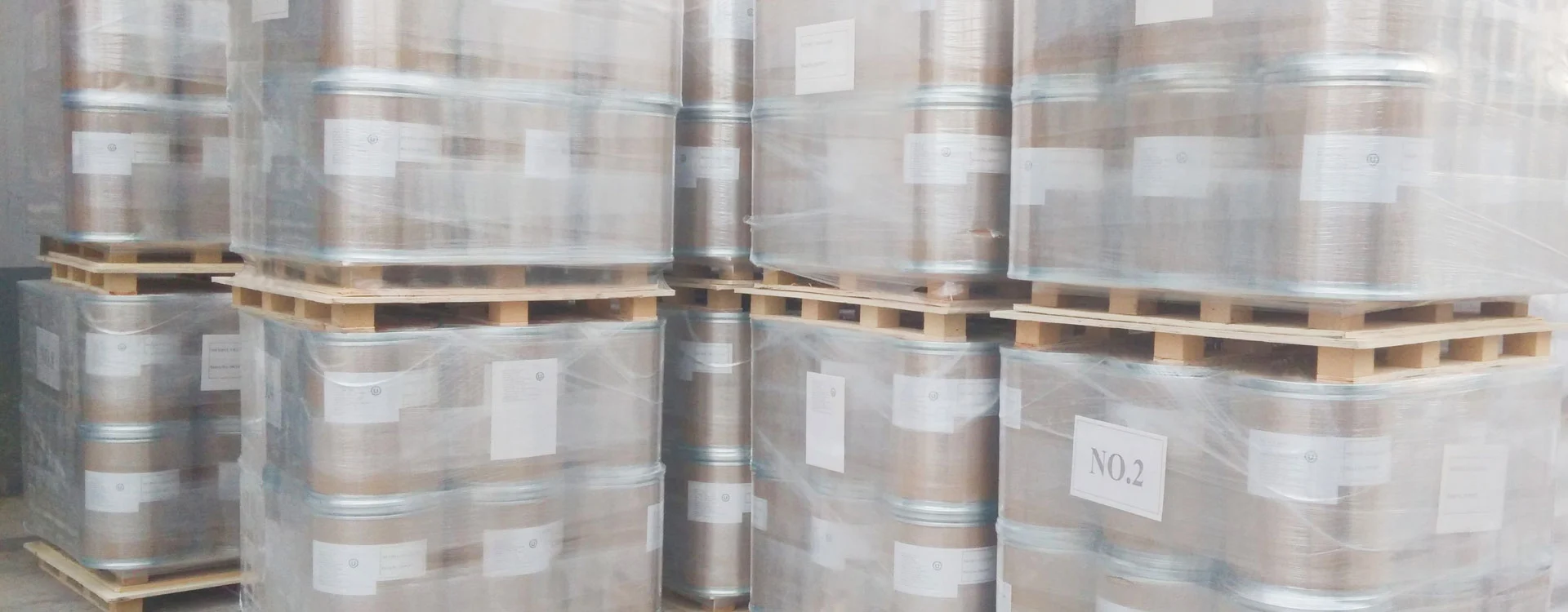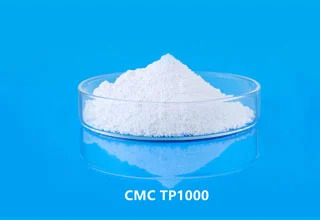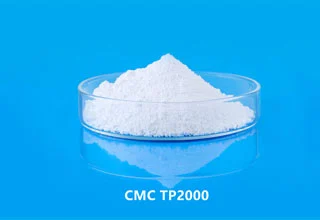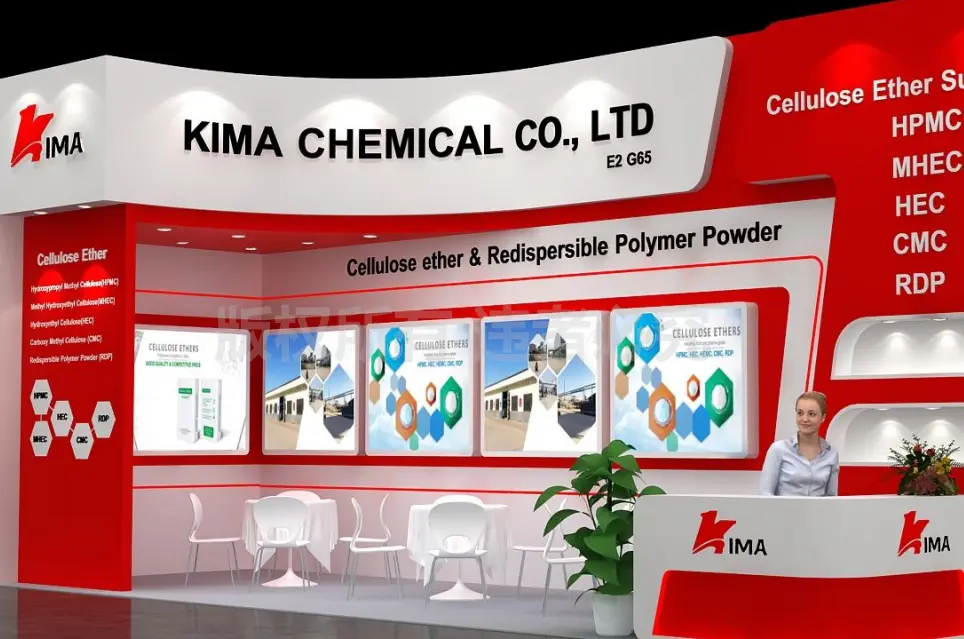Benefits of Carboxymethyl Cellulose in Toothpaste
Carboxymethyl Cellulose (CMC) in toothpaste has several advantages as an additive in toothpaste formulations, including:
Thickening and binding:
CMC in toothpaste can thicken the toothpaste, making it easier to apply and reducing the likelihood of separation of the components. Carboxymethyl Cellulose in toothpaste also provides binding properties that help hold the cellulose gum toothpaste together.
Stabilization:
CMC in toothpaste can improve the stability of toothpaste by preventing the separation of the components and reducing the risk of drying out.
Improved flow properties:
CMC in toothpaste can improve the flow properties of toothpaste, making it easier to dispense from the tube.
Enhanced cleaning performance:
CMC in toothpaste can enhance the cleaning performance of toothpaste by helping to evenly distribute the abrasive particles throughout the product, reducing the abrasive wear on enamel, and improving the foam stability.
Compatibility with other ingredients:
CMC in toothpaste is compatible with a wide range of other ingredients used in toothpaste formulations, such as fluoride, whitening agents, and flavors.
Safe and non-toxic:
CMC in toothpaste is safe and non-toxic, making it suitable for use in oral care products.
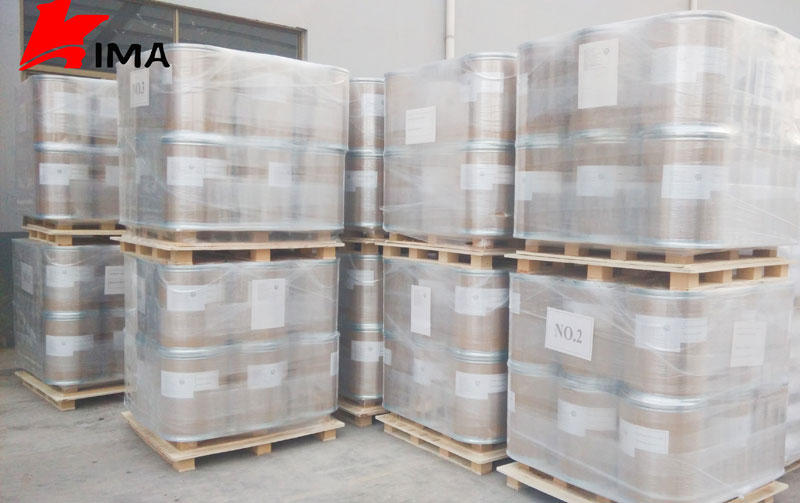
Carboxymethyl Cellulose In Toothpaste Precautions
Carboxymethyl cellulose (CMC) is commonly used as an ingredient in toothpaste formulations due to its excellent thickening, stabilizing, and binding properties. However, it is essential to be aware of certain precautions when using toothpaste containing CMC. Here are some precautions to consider:
Allergic Reactions: While allergic reactions to CMC in toothpaste are rare, some individuals may be sensitive or allergic to this ingredient. If you have a known allergy to cellulose derivatives or have experienced any allergic reactions to similar products in the past, it is advisable to consult a healthcare professional before using toothpaste containing CMC.
Irritation or Discomfort: In some cases, toothpaste formulations with CMC may cause temporary irritation, discomfort, or a burning sensation in the mouth for certain individuals. If you experience any unusual or prolonged discomfort after using a toothpaste containing CMC, discontinue use and consult a dentist or healthcare professional.
Swallowing: Toothpaste should not be swallowed, regardless of the presence of CMC or any other ingredients. Swallowing toothpaste, including CMC, can lead to gastrointestinal disturbances. Always follow the recommended guidelines for toothpaste usage, which typically include spitting out the toothpaste and rinsing the mouth thoroughly after brushing.
Children and Infants: Toothpaste with CMC should be used with caution in young children and infants. Children under the age of 2 should use a toothpaste specifically formulated for their age group, which usually does not contain CMC. For children aged 2 and older, a pea-sized amount of toothpaste containing CMC can be used under adult supervision, ensuring they do not swallow the toothpaste.
Compliance with Oral Care Practices: While CMC in toothpaste can contribute to its effectiveness, it is important to note that toothpaste alone does not guarantee oral health. Maintaining a proper oral care routine, including regular brushing, flossing, and dental check-ups, is essential for maintaining optimal oral hygiene.
Follow Product Instructions: Always read and follow the instructions provided by the toothpaste manufacturer. Use the toothpaste as directed, and if you have any questions or concerns, contact the manufacturer or consult a dental professional.
It is worth noting that the precautions mentioned above are general guidelines and may vary depending on the specific formulation of the toothpaste and individual circumstances. If you have specific concerns or questions about using toothpaste with CMC, it is recommended to consult a dentist or healthcare professional for personalized advice.
 English
English 日本語
日本語 français
français Deutsch
Deutsch Español
Español italiano
italiano русский
русский português
português العربية
العربية Türkçe
Türkçe Nederland
Nederland
